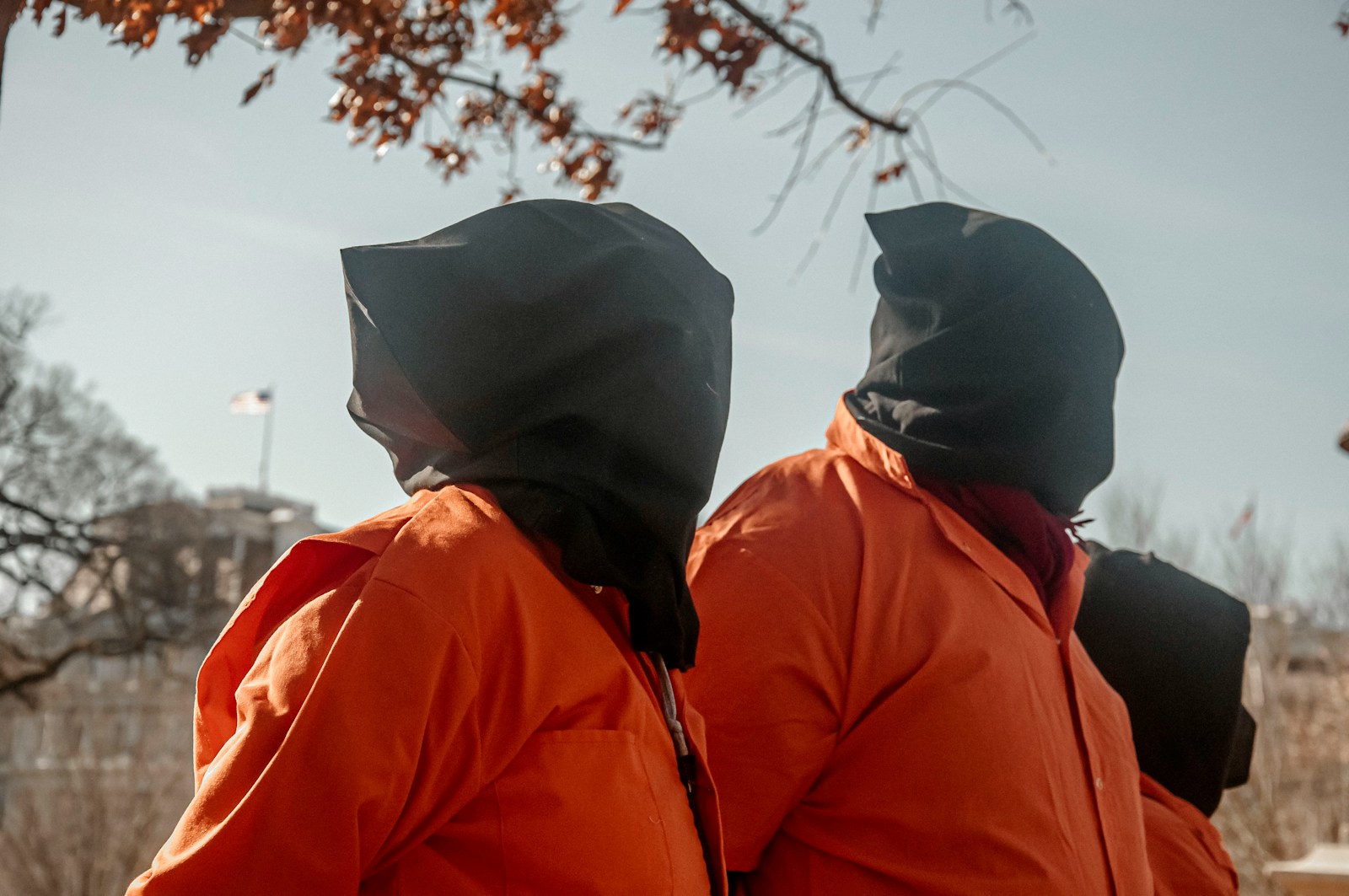Key takeaways:
• The U.S. navy blew up a boat it said carried narco-terrorists.
• International law bans deliberate killings in peacetime.
• Drug treaties require due process, not summary execution.
• No proof of armed conflict makes the strike unlawful.
• Few countries will protest, but law still matters.
Did U.S. Strike on Narco-Terrorists Violate International Law?
On September 2, the U.S. navy sank a boat in the Caribbean. Officials claimed the 11 people on board were narco-terrorists. They said the strike stopped a dangerous drug gang. Yet international law sets strict rules on using lethal force. These rules protect the right to life. Breaking them is unlawful no matter who does it.
Why Narco-Terrorists Label Fails Under Law
Calling a group narco-terrorists does not change basic human rights. No legal treaty defines narco-terrorists. Therefore, they have the same right to life as anyone else. International law does not allow summary killings at sea. Moreover, the U.S. has drug treaties that require fair arrests. These treaties forbid shooting first and asking questions later.
Rules in Peace vs War
International law separates peace and armed conflict. In peace, governments can only use deadly force to save lives right away. They must warn, if possible, before shooting. The United Nations says lethal force is valid only when strictly necessary. On the high seas or in territorial waters, the rule is the same. The U.S. action happened in peacetime. Consequently, killing without warning or chance to surrender is illegal.
Drug Deals and Treaties
The U.S. signed drug-fighting pacts with many Caribbean nations. These Shiprider Agreements let U.S. officers board suspect vessels with local permission. They also require respect for due process rights. For example, arrested suspects must have a chance to defend themselves in court. Blowing up a boat cuts that chance away. Therefore, the strike broke both bilateral pacts and international law.
No Armed Conflict Here
International humanitarian law lets nations attack in armed conflict. But two groups must fight intensely for a day or more. Drug gangs do not meet that test. They sell and transport drugs but do not wage war. Therefore, the U.S. cannot claim it acted in a war zone. The boat’s crew never fired on U.S. forces. Their suspected crimes were not tied to a military fight. Thus, the attack lacked any armed conflict basis.
Failure of the Narco-Terrorists Term
The Trump administration used narco-terrorists to justify the strike. However, this term has no status in any treaty. It does not carry a special legal meaning. For example, terrorists hit civilians to spread fear. Drug traffickers focus on money. They do not drop bombs on cities. Hence, mixing drugs and terror does not create a new legal category. The right to life still stands.
Who Will Speak Up?
One might expect protests from other nations or world courts. But most countries rely on U.S. trade and aid. They rarely challenge Washington. Moreover, drug gangs lack powerful allies. That makes legal action even harder. The International Court of Justice or International Criminal Court could hear a case. Sadly, politics often blocks such suits. Yet the attack shows why it matters to keep pushing for legal checks and balances.
Conclusion
The attack on the alleged narco-terrorists boat broke basic rules on using force. Applying the right to life in peacetime means no summary executions. Treaties on drug interdiction demand due process. No armed conflict existed to justify military action. Even if no one sues, public pressure can help guard human rights. In the end, respecting international law protects all of us.
What exactly makes an action “arbitrary” under the right to life?
Arbitrary killing means taking life without clear legal limits. In peacetime, it covers cases where force wasn’t necessary to save a life immediately. International rules say officials must follow strict steps before using deadly force.
Could other countries challenge the U.S. strike in court?
Yes, they could ask the International Court of Justice to review the case. However, politics and power dynamics often prevent such suits from moving forward.
How do Shiprider Agreements protect suspects at sea?
These pacts let U.S. officers and local authorities board suspect vessels together. They require suspects to see a judge and get a fair hearing instead of face summary execution.
What stops drug gangs from being treated as terrorists under law?
International law defines terrorists by their violent acts aimed at civilians. Drug traffickers seek profit, not political terror. No treaty combines both roles, so “narco-terrorists” lack a legal basis.
